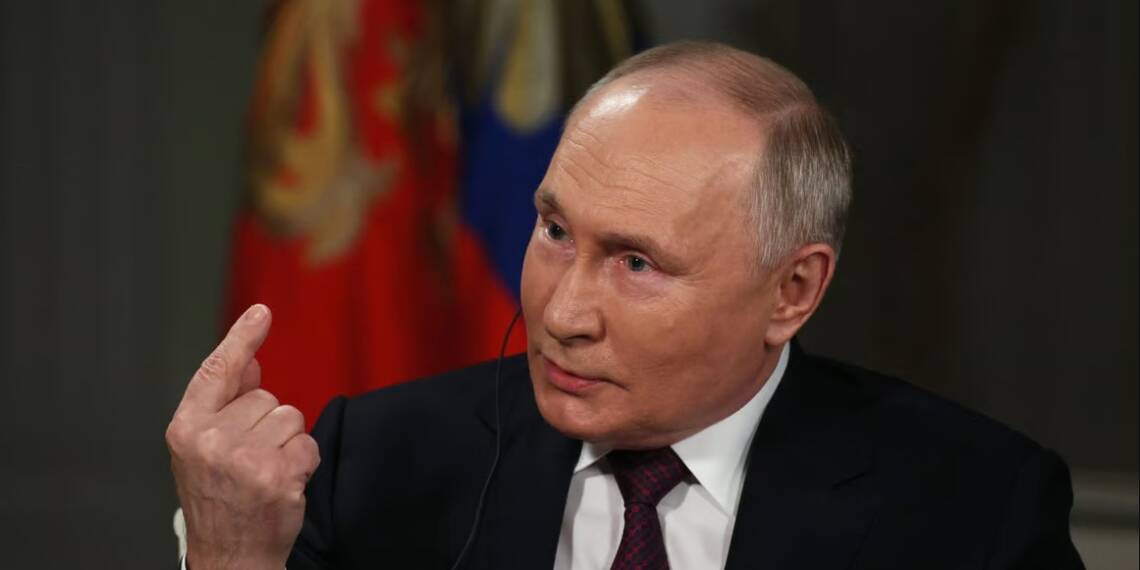The United Kingdom has played a pivotal role in supporting Ukraine amidst ongoing conflict, with comprehensive assistance spanning economic, military, and strategic dimensions. As of May 2024, the UK’s economic aid to Ukraine has reached an impressive £12.5 billion. This substantial financial commitment includes $5 billion (£4 billion) in loan guarantees to facilitate Ukraine’s access to World Bank lending. Additionally, the UK has allocated approximately £228 million directly towards humanitarian aid and reconstruction efforts in Ukraine.
In terms of military support, the UK has significantly escalated its contributions, committing £7.6 billion, which includes £3 billion earmarked for the fiscal year 2024/25 alone. The assistance provided ranges from lethal to non-lethal military equipment, encompassing tanks, air defense systems, long-range precision strike missiles, helmets, body armor, and essential supplies like rations and medical equipment. Moreover, the UK has undertaken a leadership role in training Ukrainian forces, successfully preparing over 35,000 soldiers, including specialized training for marines and combat fighter pilots.
Strategically, the UK has bolstered Ukraine by sharing crucial intelligence, helping anticipate and counteract Russian military strategies. The imposition of stringent sanctions on Russia aims to weaken its economic stability and reduce its warfare capabilities. On the diplomatic front, the UK has been a vocal advocate for Ukraine, promoting its interests globally and pushing for international support.
Additionally, the UK has initiated a landmark long-term security agreement with Ukraine, signaling a commitment to sustained support in the future. However, this robust involvement has not breached any explicit thresholds set by Moscow until recently. However, Former British Prime Minister David Cameron, who has been notably active in diplomatic circles, crossed the red line. Cameron suggested using UK-supplied missiles against Russian targets. Russia took no time in warning London, the warning was communicated through the summoning of the British ambassador to Russia following Cameron’s comments.
And now Cameron has chickened out as evident by the retraction of his earlier aggressive stance. British Foreign Secretary David Cameron is now articulating a cautious (euphemism for scared) stance on the involvement of NATO forces. Speaking to The Times, Cameron outlined the various non-escalatory measures the UK could employ to help Ukraine.
Cameron emphasized the importance of avoiding direct conflict between NATO and Russian forces. He specifically ruled out the implementation of a no-fly zone or NATO interception operations within Ukraine, highlighting these as critical points of potential escalation. His remarks underscore a sad resignation and forced restraint designed to prevent the conflict from expanding while still supporting Ukraine’s defensive capabilities.
This position aligns with the broader NATO perspective, which Cameron noted, accepts aid to Ukraine as long as it does not involve NATO personnel directly engaging Russian forces. This nuanced approach supports Ukraine’s military without stepping on Putin’s toes.
However, the debate within NATO extends beyond the UK’s stance. Recent discussions among German MPs have included proposals for NATO to engage more directly by using anti-aircraft units to down Russian missiles in Ukrainian airspace. Advocates argue this could relieve Ukrainian air defenses and better protect frontline positions. However, such measures raise the stakes of direct confrontation.
Meanwhile, Nico Lange, a senior researcher at the Munich Security Conference, has advocated for the use of NATO’s Patriot anti-aircraft systems from Poland to intercept Russian missiles and drones over Ukraine. This suggestion points to the ongoing debate within the alliance on how best to support Ukraine without triggering a broader conflict.
The Kremlin has responded sharply to these discussions, with spokesman Dmitry Peskov accusing European leaders of intentionally stoking tensions. He highlighted the dire situation of the Ukrainian forces, suggesting that European actions are provocative and timed to capitalize on Ukraine’s vulnerabilities. Let’s see when the Germans will chicken out, because trust me they will!







